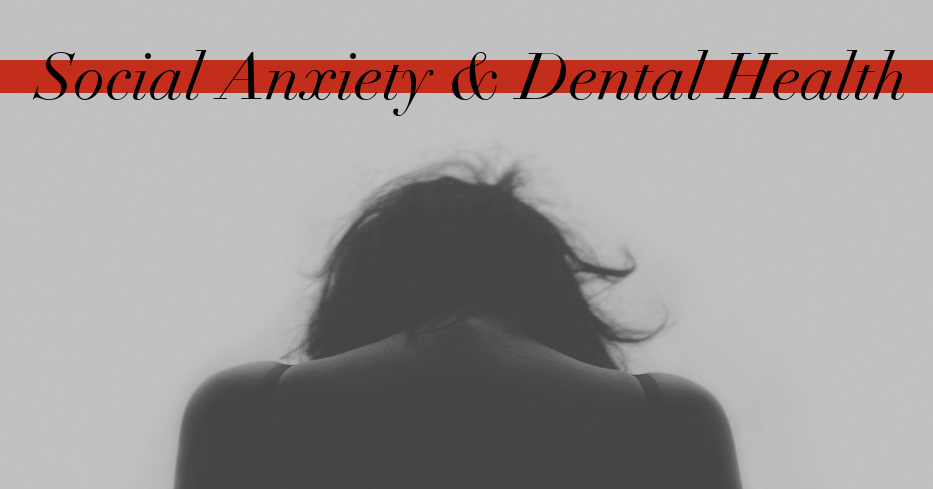
When people think of social anxiety they normally think of the mental implications of the condition. In addition to the mental implications, however, there are also implications on dental health.
A study of 75 men and women found that damage from tooth grinding (also known as bruxism) afflicted 42% of study participants that had social anxiety, compared to the 28% in those that did not.
Bruxism is a serious condition that cracks, chips, and wears down your teeth. On top of that, those who suffer from bruxism tend to have jaw pain and can experience aggravated symptoms of TMJ. If a socially anxious person is confronted nerve-wracking situations every day, they could suffer some serious dental consequences. It’s best to address social anxiety with professionals early on, as it could be impacting your health in addition to your daily interactions with other people.
Beyond bruxism, anxiety can induce dry mouth or ‘cottonmouth’. It’s important to remember that saliva is an integral part of your oral hygiene; healthy salivary flow prevents cavities and infection by maintaining a good pH in the mouth, remineralizing tooth enamel, and breaking down leftover food particles.
Concerned about bruxism or feel that you’ve been grinding your teeth? Schedule a visit to your local Lynnfield, MA dentist to learn how social anxiety might be affecting your oral health.

